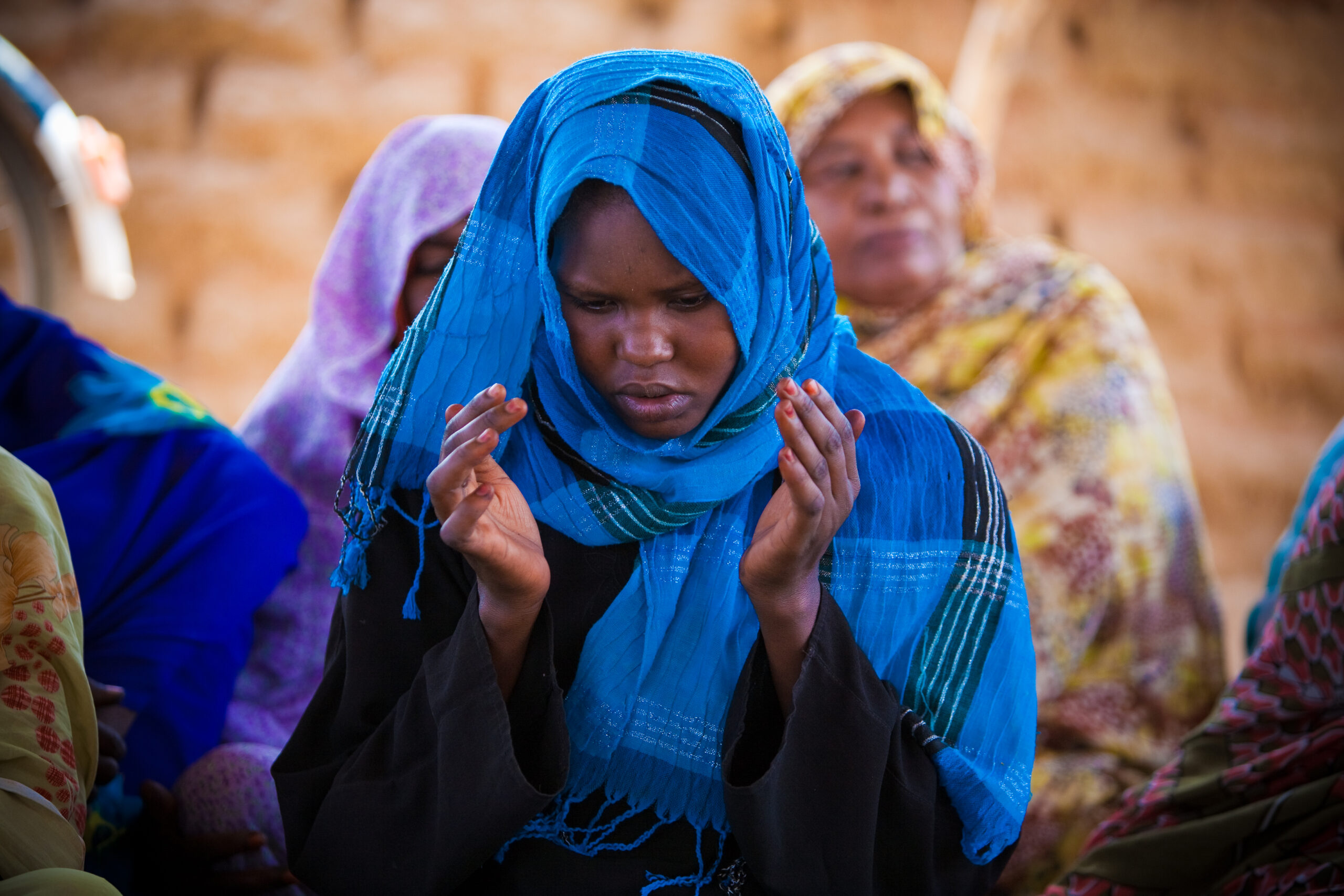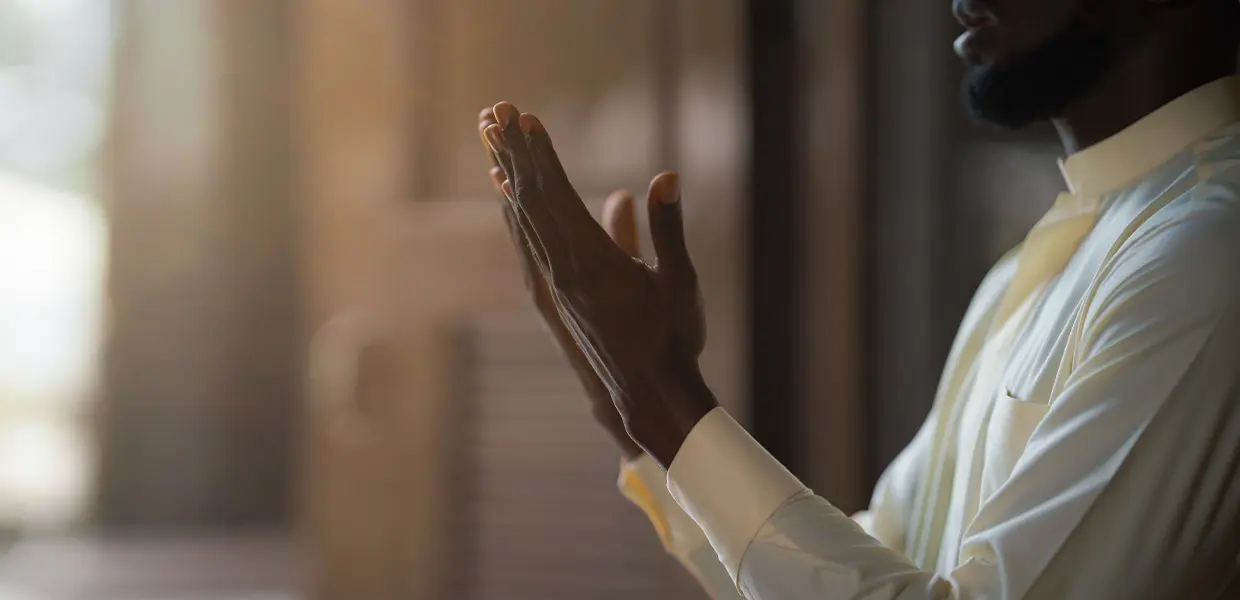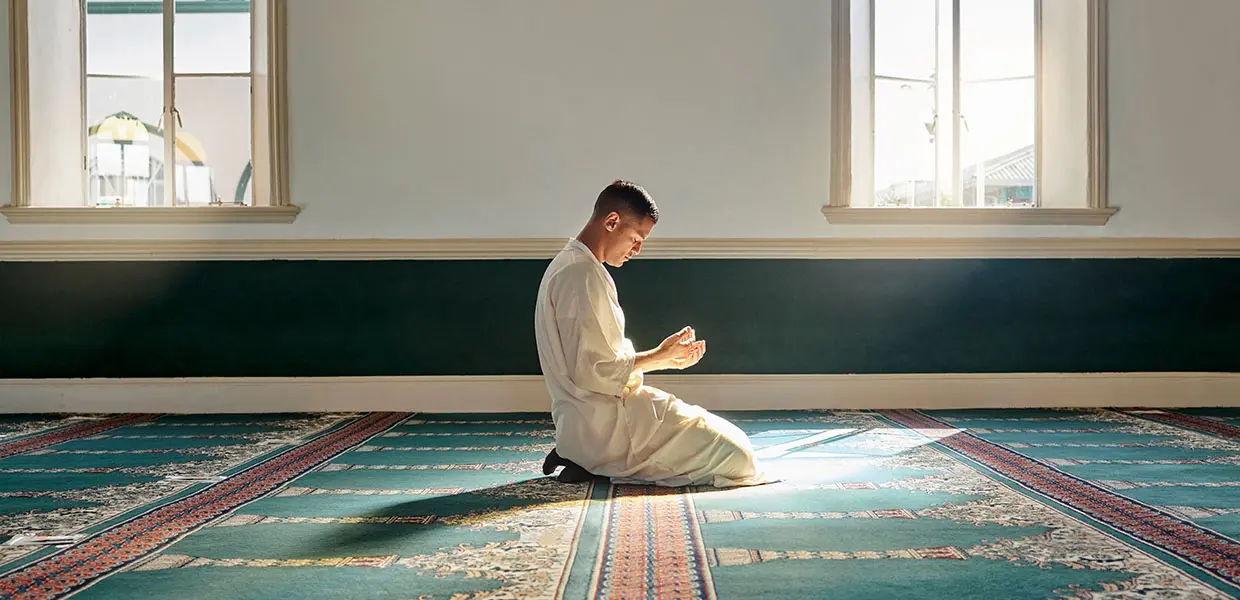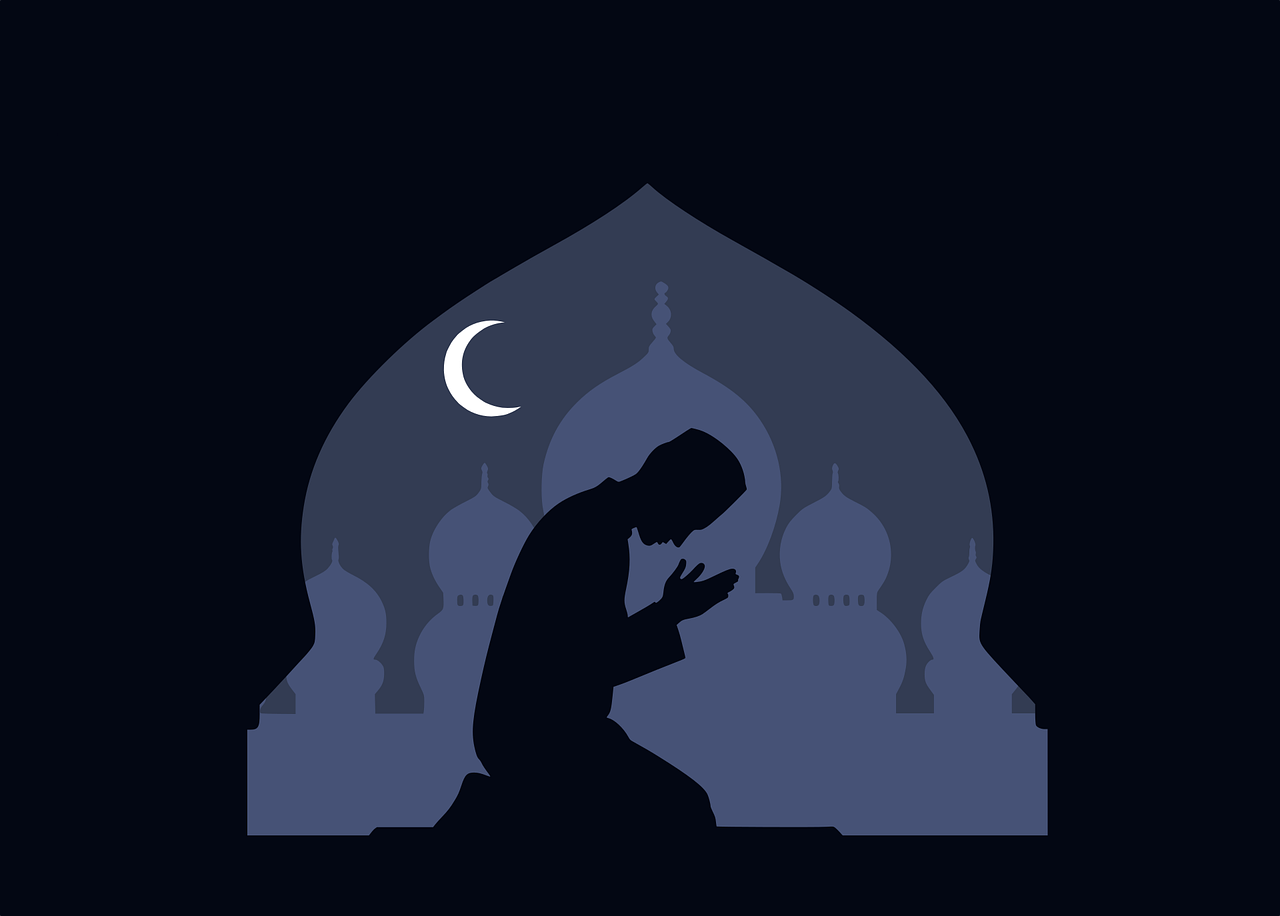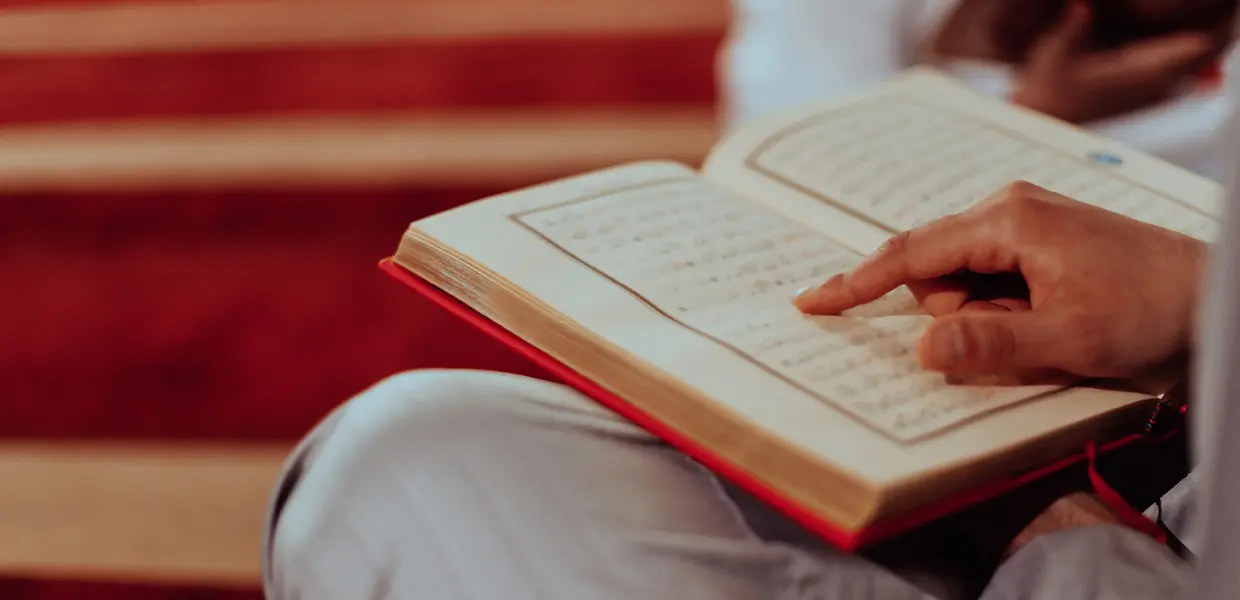
07.15.25
Key Islamic Phrases and Their Meanings
In Islam, words hold great power. Whether it’s greeting one another, expressing gratitude, or making Du’a (supplication), the Islamic phrases we use every day reflect our faith and connection to Allah (SWT).
The Qur’an and Sunnah encourage us to embody kindness and compassion to others. To use our words and deeds to spread goodness.
“Do you not see how Allah compares a good word to a good tree? Its root is firm and its branches reach the sky, ˹always˺ yielding its fruit in every season by the Will of its Lord. This is how Allah sets forth parables for the people, so perhaps they will be mindful.”
Qur’an | Surah Ibrahim | 14:24-25
Likewise, Abu Huraira narrated that the Prophet Muhammad (ﷺ) said:
“Whoever believes in Allah and the Last Day, should not hurt his neighbor and whoever believes in Allah and the Last Day, should serve his guest generously and whoever believes in Allah and the Last Day, should speak what is good or keep silent.”
Hadith | Sahih al-Bukhari 6136
Here, you’ll find a guide to common Islamic phrases and when to say them.
Whether you’re looking to deepen your understanding or simply incorporate them into daily life, this resource will help guide you through the key phrases we say often.
List of Key Islamic Phrases and Their Meanings
| ISLAMIC PHRASE | ARABIC | ENGLISH TRANSLATION | WHEN TO SAY IT |
|---|---|---|---|
| La ilaha illa Allah (muhammadur rasool allah) | لَا إِلَٰهَ إِلَّا ٱلله (مُحَمَّدٌ رَسُولُ ٱلله) | There is none worthy of worship except Allah (and Muhammad (ﷺ) is the messenger of God). | Part of the Shahada, the fundamental declaration of faith in Islam. This phrase is often recited to affirm faith and during Dhikr (remembrance). |
| As-salamu alaykum | اَلسَلامُ عَلَيْكُم | Peace be upon you. | Muslims use this phrase as a greeting when first seeing one another. It is a way of offering peace and blessings upon someone. We also use a longer variation of this phrase to end our five daily Salahs. |
| Wa-ʿalaykumu salam | وَعَلَيْكُمُ ٱلسَّلَام | And peace be upon you. | This is the response to “Assalamu Alaikum”, returning the greeting and peace. It is a form of respect and kindness. |
| Insha’Allah | إِنْ شَاءَ الله | If Allah wills it. | We use this phrase when speaking about future events or plans, acknowledging that everything happens according to Allah’s will. |
| Alhamdulillah | ٱلْحَمْدُ لِله | All praise is due to Allah. | Muslims say this to express gratitude, contentment, or relief. It can be used in response to good news or after completing something successfully. It also serves as a form of Dhikr. |
| Masha’Allah | مَا شَاءَ الله | What Allah has willed has happened. | This phrase is used to express admiration or appreciation for something good while acknowledging that it is by Allah’s will. It also serves as a way to prevent envy. |
| Allahumma Barik | اللّهُـمَّ بارِكْ | Oh Allah bless him/her. | A supplication asking Allah to bless something or someone. Often said when complimenting others to avoid envy. |
| SubhanAllah | سُبْحَانَ الله | Glory be to Allah. | Used to express amazement or wonder at something. This also serves as a form of Dhikr. |
| Astagh’firullah | أَسْتَغْفِرُ الله | I seek forgiveness from Allah. | This is said when repenting for a sin, after making a mistake, or when hearing something inappropriate. This can also be recited as part of Dhikr. |
| Allahu Akbar | ٱللهُ أَكْبَر | Allah is the Greatest. | Said in Salah, in moments of awe, gratitude, or as a reminder of Allah’s supreme power. Also recited during the Adhan (the call to prayer). |
| Bismillah | بِسْمِ الله | In the name of Allah. | Said before starting something, such as eating, working, or any important task, seeking blessings from Allah. |
| Bismillahir Rahmanir Raheem | بِسْمِ اللهِ الرَّحْمٰنِ الرَّحِيْم | In the name of Allah, the Most Gracious, the Most Merciful. | A longer and more formal version of “Bismillah,” often used before reciting the Qur’an, beginning prayers, or starting something significant. |
| Ameen | آمِين | O Allah, accept it. | Said at the end of a du’a to affirm and hope that Allah grants the request. |
| Jazakum Allahu Khayran | جَزَاكُمُ ٱللهُ خَيْرً | May Allah reward you with goodness. | Used to express gratitude or thank someone by making Du’a for them. |
| La Hawla wa La Quwwata illa Billah | لَا حَوْلَ وَلَا قُوَّةَ إِلَّا بِالله | There is no power or strength except with Allah. | Said in times of difficulty or as a reminder of Allah’s power. |
| Hasbunallahu wa ni’mal wakeel | حَسْبُنَا ٱللَّهُ وَنِعْمَ ٱلْوَكِيلُ | ‘Sufficient for us is Allah, and [He is] the best Disposer of affairs.’ | Said in times of difficulty, or when making or awaiting the outcome of a decision. |

